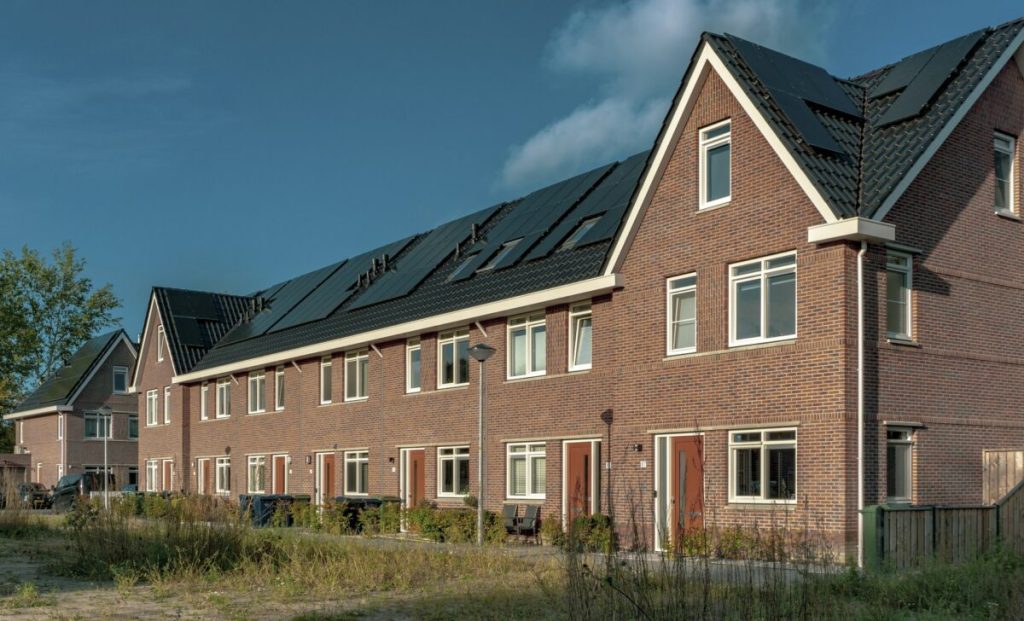A report from Climate Action Network Europe says residential rooftop solar installations in the EU have grown by 54% year-on-year, but warns a lack of grid capacity and specific strategies for rooftop solar development means member states are not keeping pace with the demand.

EU member states must play catch up to the growth and demand for rooftop solar or risk the area’s solar potential not being realised, according to a new report from the Climate Action Network (CAN) Europe.
CAN Europe’s Rooftop Solar PV Comparison Update builds on its 2022 report into the EU’s rooftop solar market and re-examines 11 EU member states – Bulgaria, France, Germany, Greece, Italy, Latvia, Lithuania, Portugal, Romania, Spain and Sweden – by exploring their progress in the uptake of residential rooftop solar over the last two years.
According to the report’s executive summary, most member states lack a clear roadmap or strategy for rooftop solar PV, with insufficient stakeholder investment and mechanisms to support development. It adds that frequent changes in policy and a lack of targeted support for low-income households are impacting consumer confidence and sector stability.
The summary adds that restrictions on grid usage and geographical limitations remain barriers to collective self-consumption. It also says that while recent EU regulations have led to a more favorable permitting environment for residential rooftop PV, national and local implementation shows inconsistency, with efforts to streamline processes and reduce bureaucratic hurdles ongoing.
The analysis is made against a backdrop of rapid growth, with rooftop solar PV in the EU growing 54% year-on-year, according to the report. “It is encouraging to see that demand for rooftop solar is booming, but also disheartening to see that member states are not taking the necessary steps to meet this demand,” said Seda Orhan, CAN Europe Renewable Energy Programme Manager.
“With an EU Solar Standard soon to be adopted, requiring the mandatory installation of solar on buildings, member states need to ready themselves by implementing the necessary policies to create an empowering environment that can allow communities and citizens prosper within the energy transition,” Orhan added.
The report offers a series of recommendations to support and accelerate rooftop PV deployment covering governance, incentives, permitting and administrative procedures, energy sharing and energy communities.
In its analysis of the 11 examined EU member states, CAN Europe scored the nations across seven key criteria. It said France and Lithuania stand out for their facilitation of potential rooftop solar PV growth, despite France lagging behind in the deployment of rooftop solar PV.
Greece and Romania’s scores improved the most compared to 2022, but Romania remains one of the lowest-scoring countries, alongside Bulgaria, when it comes to establishing an enabling environment for rooftop solar. The only country to score lower than two years ago was Sweden, where “there has been little progress made in creating incentives for new prosumers compared to other countries,” CAN Europe says.
Last week, the European Commission announced it will form an official Co-Programmed European Partnership for solar with the European Technology and Innovation Platform to enhance research and innovation in the solar industry.

